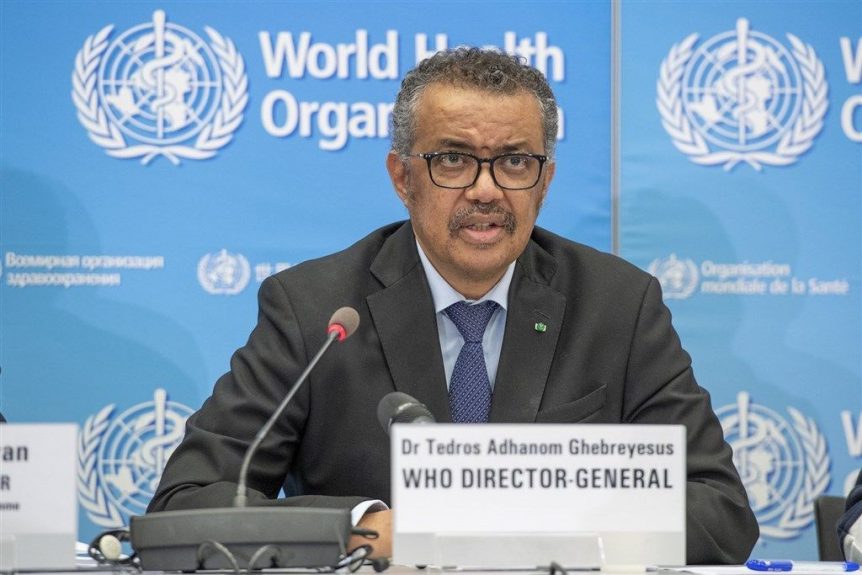The Covid 19 pandemic is an unprecedented global health crisis that has since affected various sectors. The provision of dental services has been significantly affected, and various dental facilities have since shut down. To curb the spread of the disease, WHO issued directives for dental practitioners to delay dental services.
However, international dental associates have varied views regarding the WHO directives. For instance, the American Dental Association(ADA) called on all dentists to defer services and consider the disease’s effects on patients. However, they strongly disagree with the guidelines to delay care.
Is the dental clinic safe?
Although dental clinics have been advised to delay or stop offering non-urgent dental procedures due to Covid 19 pandemic, ADA recommends dental practitioners to weigh the risk associated. It’s easy to contact disease-causing organisms, and the dental office is no exception.
Most dental clinics have closed down, and some that are still in operation offer limited services. For instance, Melbourne dentists only able to perform emergency treatments during Covid. They have been using various strategies to ensure patient safety.
These include;
- Washing hands often
- Sterilizing dental tools
- Regular disinfection of surfaces and tools
- Cleaning, and covering tools between use
- Wearing protective including and facial mask
- Covering your mouth using a rubber dam
- Monitor patient temperature
- Spacing out appointments
What are the non-urgent treatments?
Non-urgent dental treatments are also known as elective procedures. These are procedures that can wait and not affect your health negatively. They include;
- X-rays
- Teeth cleaning
- Treatment for cavities and tooth removal
- Teeth whitening
- Checkup for braces
- Handling cosmetic problems
What are emergency dental procedures?
The management of dental emergencies is a bit complicated and requires immediate attention to save the tooth and the patient. Emergencies are not preventable, and most of the dental cases involve dental emergencies.
The ADA recommends that life-threatening dental problems should be handled promptly. Those associated with severe pain or high risk of infection should also be treated immediately. However, the dentist decides what’s urgent and what’s not. Some examples of emergency dental procedures are;
- Severe pain
- Uncontrolled bleeding
- Swelling around the mouth
- Broken tooth, if it causes pain
- Signs of infection-pain or swelling
What is ADA’s position on the provision of dental services amidst the Covid 19 pandemic?
According to ADA President Chad P. Gehani, oral care plays an integral role in health care systems. Dentistry helps in evaluating, diagnosing, and preventing or treating oral diseases, which can have adverse effects on systematic health.
The American Dental Association states that it advised dentists to delay all non-urgent dental cases in March to understand the coronavirus pandemic better. They also called on dentists to use protective gear, including masks, goggles, face shields, and rubber dams.
Since then, most patients have safely visited dental clinics for various dental services. With continued use of the right PPE, dentists can continue offering dental services amidst global pandemics and other disasters. Besides, Covid has not affected every business detrimentally. Most sectors of the economy are now bouncing back from the coronavirus.
The bottom line
Covid 19 is here with us, and it’s good to stay safe. However, various dental issues demand immediate attention. If you suffered from the dental emergencies mentioned above, don’t hesitate to seek help. Delaying treatment can have adverse effects on your overall health.

